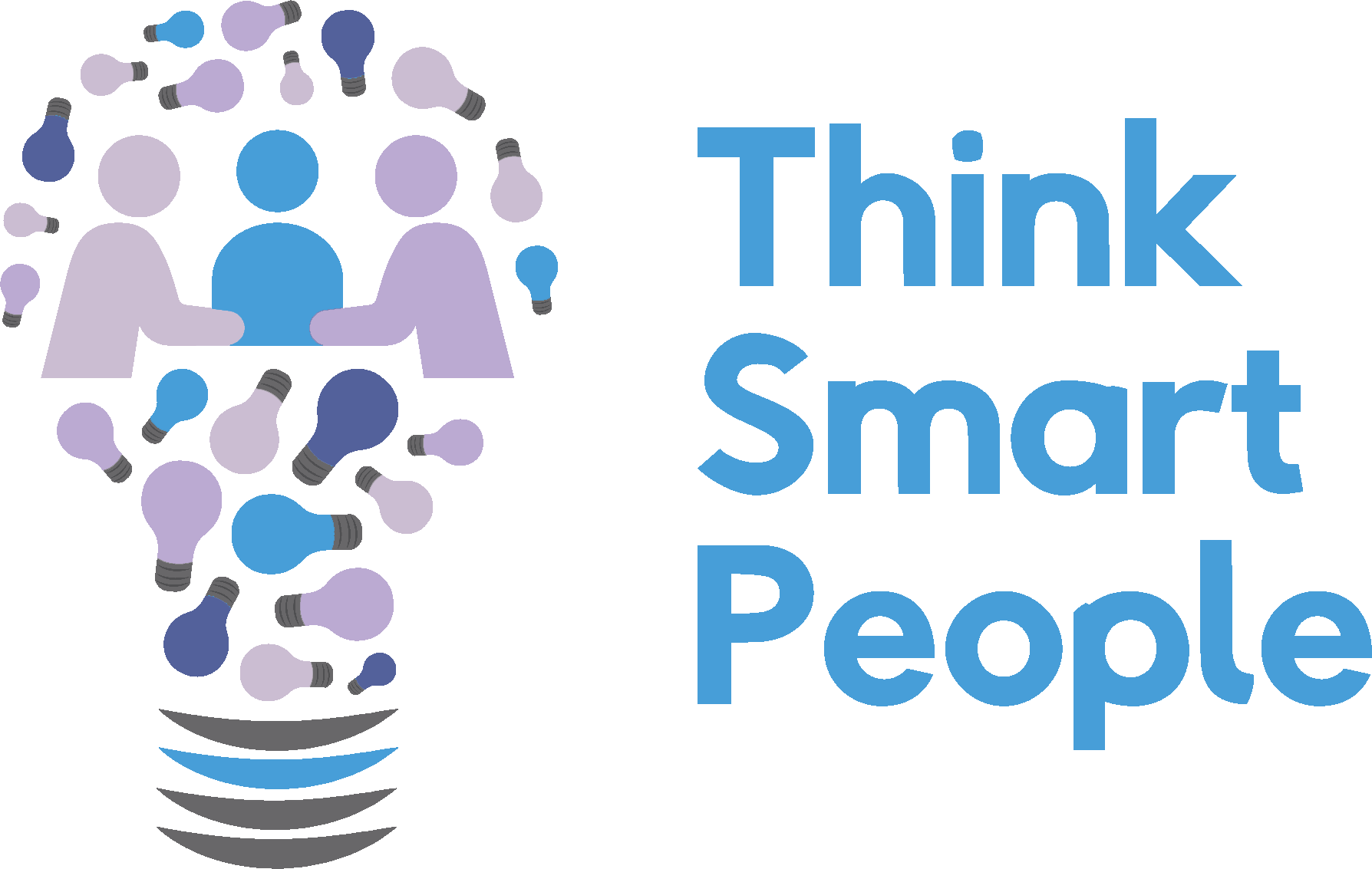How Employee Engagement Programs Boost Workplace Productivity
Employee engagement programs are designed to keep employees motivated, involved, and satisfied with their work, which ultimately leads to increased workplace productivity. These programs include various initiatives aimed at enhancing the overall work experience. This might involve regular feedback sessions, recognising achievements, providing rewards, and offering professional development opportunities. By focusing on employee engagement, businesses foster an environment where employees feel valued and connected to their roles. This emotional connection encourages a greater commitment to the company’s goals.
In today’s competitive business world, keeping employees engaged is more important than ever. Workers who are actively engaged are less likely to be distracted, more inclined to take initiative, and are generally happier in their positions. This means fewer absences, more collaboration, and better overall performance. Additionally, engaged employees are more likely to stay with the company long-term, reducing turnover and saving businesses from the time and cost of frequent hiring.
The impact of employee engagement programs extends beyond just improving morale. When employees feel connected and appreciated, they are more productive, helping the company achieve its objectives more efficiently. This boost in productivity can be seen across various aspects of the business, from faster project completion times to improved customer service. But how do these engagement programs work to boost productivity on such a significant scale? In the following sections, we will explore how these initiatives directly influence workplace productivity and why they are essential for any business aiming for success.
How Employee Engagement Programs Impact Employee Morale
Employee morale plays a significant role in how productive and efficient a workforce can be. When employees feel valued and appreciated, they are more motivated to perform their tasks well. This is where employee engagement activities come into play. By implementing these programs, businesses create an environment where employees are not only recognised for their contributions but also feel supported in their personal and professional growth.
One of the most effective ways these programs boost morale is through recognition. Simple acts, like acknowledging an employee’s hard work or celebrating team successes, can greatly impact how employees feel about their roles. When employees are appreciated, they feel more connected to the company and are encouraged to maintain a high level of performance. In contrast, a lack of recognition can lead to frustration and disengagement, which negatively affects productivity.
Another way that employee engagement programs improve morale is by fostering open communication. Employees who feel heard and involved in decision-making processes are more likely to take ownership of their work. Regular feedback, whether it’s positive or constructive, helps employees stay on track and understand how their efforts contribute to the overall success of the business.
Additionally, offering professional development opportunities through employee engagement programs gives workers a sense of purpose and growth within the company. When employees can see a clear path for their career advancement, they are more likely to be motivated and stay with the company longer.
In essence, employee engagement activities create a positive cycle: increased morale leads to higher productivity, and higher productivity leads to even greater job satisfaction. By investing in these programs, businesses ensure that their employees remain enthusiastic, committed, and aligned with the company’s goals, which directly boosts workplace productivity. Here is a list of engagement programs, employers can adopt for their employees;
- Recognition and Rewards Program
- Career Development and Training Opportunities
- Wellness and Health Initiatives
- Team-Building Activities
- Employee Feedback and Suggestion Programs
- Mentorship and Coaching Programs
- Employee Resource Groups (ERGs)
- Volunteer and Social Responsibility Programs
- Peer-to-Peer Recognition Systems
- Social and Cultural Events

Boosting Collaboration Through Employee Engagement
Collaboration is a key factor in the success of any organisation, and employee engagement programs play a vital role in fostering a collaborative environment. When employees are engaged, they are more likely to communicate openly, share ideas, and work together towards common goals. Engagement programs provide a structured way to encourage teamwork, ultimately improving productivity across the organisation.
One of the primary ways these programs boost collaboration is by organising team-building activities. These activities, whether small workshops or larger company-wide events, allow employees to interact in a non-work setting, helping to break down communication barriers and build stronger relationships. When employees know and trust one another, they are more comfortable sharing ideas and working together to solve problems. This sense of camaraderie fosters a more collaborative work culture, where teams are more willing to contribute and support each other.
Employee engagement programs also improve communication within teams. Regular check-ins, feedback sessions, and collaborative projects help employees stay aligned with the company’s objectives and with one another. These programs encourage open communication, where everyone’s input is valued. When employees feel that their opinions matter, they are more likely to share ideas and contribute to team discussions. As a result, collaboration flourishes, and teams become more effective at working together towards a shared goal.
Another aspect of employee engagement programs that supports collaboration is the promotion of a positive and inclusive workplace culture. Programs that focus on inclusivity, diversity, and recognition ensure that every employee feels part of the team. This inclusiveness reduces any feelings of isolation or competition, instead promoting cooperation and the belief that every member plays a valuable role in the organisation’s success. When employees feel like they belong, they naturally want to work together and contribute to collective goals.
Lastly, engaged employees are more proactive in seeking solutions and collaborating with others. They are more likely to offer assistance to colleagues and work together to achieve tasks efficiently. This collaborative mindset improves not only individual productivity but also the overall performance of the team.
Employee engagement activities strengthen relationships between colleagues, improve communication, and create a culture of teamwork. These improvements in collaboration directly lead to higher levels of productivity and business success.


